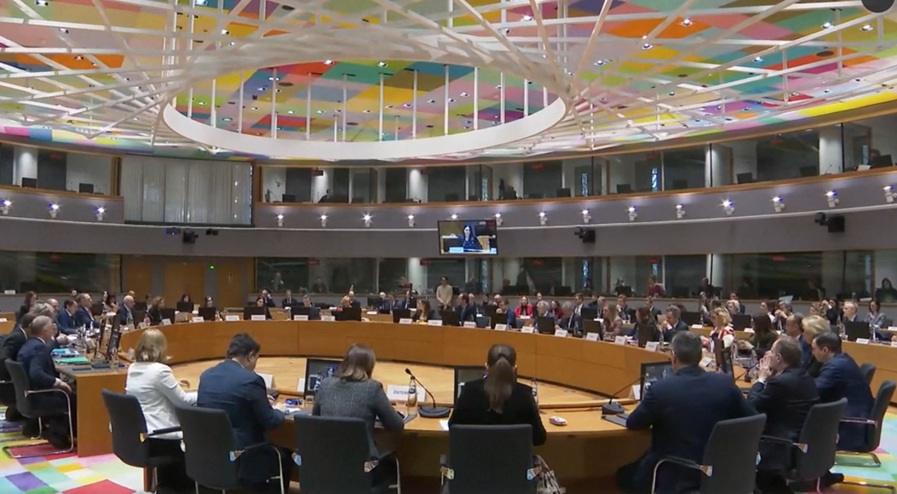Florida AG Sues Glass Lewis, ISS for Pushing “ESG Agenda” in Proxy Voting Recommendations
Florida Attorney General James Uthmeier announced the filing of a new legal action against proxy advisory firms Glass Lewis and Institutional Shareholder Services (ISS), claiming that the firms violated consumer protection and antitrust laws by jointly pushing an “ESG agenda” through their activities.
The new lawsuit forms the latest in a series of actions by anti-ESG politicians in the U.S., which has increasingly focused on the proxy advisory firms in the past few months. In September, for example, Texas AG Ken Paxton launched an investigation into the companies for allegedly “issuing voting recommendations that advance radical political agendas rather than sound financial principles,” and SEC Chair Paul Atkins recently warned of plans to examine and propose actions focused on the role of proxy advisory firms over the “weaponization of shareholder proposals by politicized shareholder activists.”
In a statement announcing new suit, the Florida AG alleges that the proxy firms “misled Florida consumers, abused their dominance over the shareholder-voting market, and weaponized their influence to impose an ideological agenda on American companies and Florida retirees.”
Uthmeier said:
“Florida is done allowing two unaccountable foreign-owned private corporations to manipulate shareholder votes behind closed doors. ISS and Glass Lewis claim to be neutral advisors, but they use their near-total control of the proxy-voting market to push divisive political mandates that threaten retiree savings, distort corporate governance, and undermine the rule of law. That ends today.”
Noting that Glass Lewis and ISS constitute up to 97% of the market for proxy voting advice, the suit claims that the firms use outsized influence to push a “dogmatic agenda,” by threatening companies through recommendations to vote against board members that don’t align with policies in areas including “racial balancing,” “gender ideology,” and “an insistence that concerns about global climate change should influence every company’s decision-making.”
According to the suit, the firms deceive consumers by claiming that the voting recommendations are aimed at maximizing shareholder value despite being “infused with their own political goals,” and that their advice may not comply with state and federal regulatory frameworks. The suit also claims that Glass Lewis and ISS “have agreed to move in lockstep” to prevent competition, including through joining ESG-focused associations, and through offering very similar products, including “a highly ideological, virtually identical framework of voting recommendations.
In a statement provided to ESG Today, a Glass Lewis spokesperson said:
“The suggestion that Glass Lewis violated any Florida antitrust laws or fair trade practices is categorically untrue. Our clients are sophisticated institutional investors that make their own proxy voting decisions. We look forward to presenting the facts through the legal process.”





